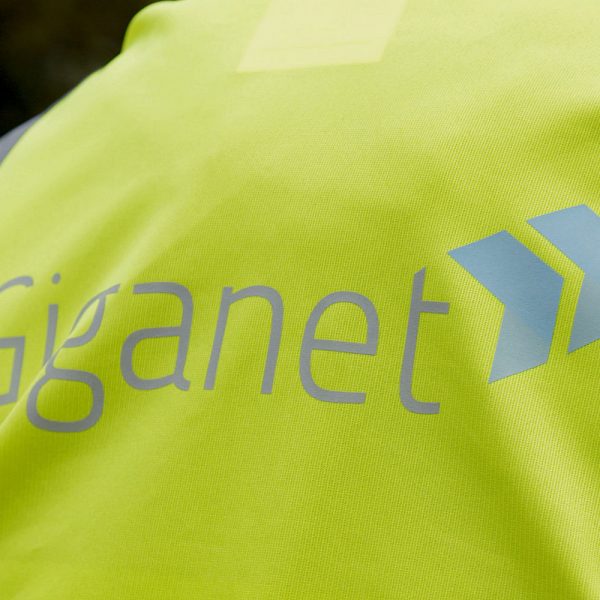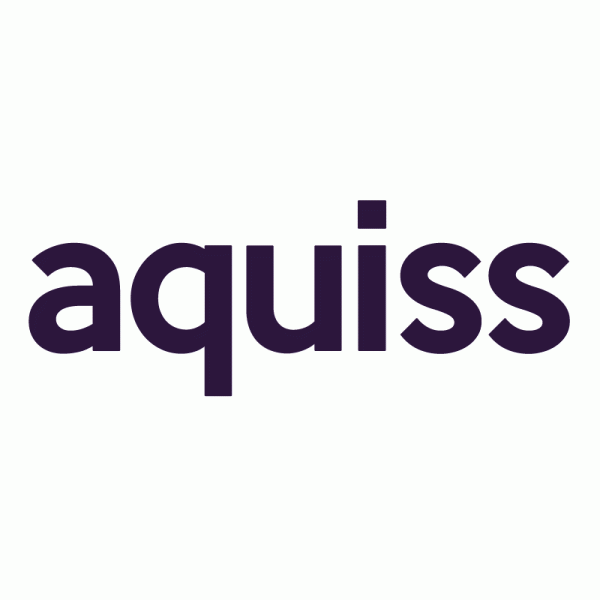Sponsored Links
Big UK ISPs Detail New Voluntary Code on Broadband Traffic Management
Posted: 14th Mar, 2011 By: MarkJ
 Seven of the country's biggest fixed line broadband ISPs and mobile operators, including BT , Sky Broadband , TalkTalk , Virgin Media , O2 , Three (3) and Vodafone UK, have today published a new Voluntary Code of Practice (vCOP) for broadband Traffic Management transparency. The new initiative will be piloted throughout 2011 and reviewed again in early 2012.
Seven of the country's biggest fixed line broadband ISPs and mobile operators, including BT , Sky Broadband , TalkTalk , Virgin Media , O2 , Three (3) and Vodafone UK, have today published a new Voluntary Code of Practice (vCOP) for broadband Traffic Management transparency. The new initiative will be piloted throughout 2011 and reviewed again in early 2012.Antony Walker, CEO of the Broadband Stakeholder Group, said:
"There has been more heat than light in the debate about traffic management over recent years. This commitment to provide clear and comparable information in a common format is very important. It will not only help to ensure consumers are better informed about the services they buy and use, but will also provide a clearer picture for policy makers of the way in which traffic management is actually used in the UK market.
Consumers need to be able to make informed choices about the services they buy and policy makers need to be able to make informed decisions about the policy and regulatory framework they set. This new commitment provides an essential building block for getting both of these things right."
"There has been more heat than light in the debate about traffic management over recent years. This commitment to provide clear and comparable information in a common format is very important. It will not only help to ensure consumers are better informed about the services they buy and use, but will also provide a clearer picture for policy makers of the way in which traffic management is actually used in the UK market.
Consumers need to be able to make informed choices about the services they buy and policy makers need to be able to make informed decisions about the policy and regulatory framework they set. This new commitment provides an essential building block for getting both of these things right."
Most of the largest internet providers use Traffic Management to balance the performance of their network between heavy and lite users, thus avoiding network congestion. This is usually done by restricting traffic (i.e. speed) to busy services, such as P2P (BitTorrent File Sharing), or more generally at peak times of day. The result is that everybody should receive a fair internet speed.
Sadly almost all of the biggest ISPs appear to employ their own Traffic Management principals, usually through vague Fair Usage Policies (FUP), and most of those fail to explain precisely what is being "managed" (i.e. slowed), when the activity is taking place and by how much.
This has lead to both consumer annoyance and Net Neutrality concerns (the principal of treating all internet traffic as equal), fuelled by fears that ISPs could abuse their unique position to stifle new or popular internet services (e.g. Skype, Facebook, ISPreview.co.uk, iPlayer etc.) in favour of those who pay them the most money.
As a result the UK government, European Commission (EC) and Ofcom last year called upon broadband ISPs to ensure that consumers still had access to all "legal content [and] service[s]" (here). It also warned that any future proposals would need to take account of three basic requirements.
Openness – Consumers should be able to access any legal content or service. Content providers should be able to innovate and reach users.Today's move is an attempt to address that by requiring members of the code to describe their traffic management policies in more detail. ISPs will also be asked to explain how different types of services might be affected by traffic management and to detail any usage caps or limits.
Transparency – Providers should set out in detail the extent of their traffic management and the impact on customers.
Support for innovation and investment – ISPs should be able to manage their networks to ensure a good service and have flexibility in business models. Competition is important for ensuring continued openness and choice.
According to Thinkbroadband , ISPs must also adopt a series of good practice principles, which would aim to ensure that any details they publish are both easy to find and understand.
Traffic Management Code (the principles)However the code does not impose a standardised way of reporting such restrictions, which could still lead to confusion; ISPs all like to use their own language for describing different services and situations.
Understandable - ISPs will use non-technical language that consumers can understand to describe traffic management.
Appropriate - ISPs will ensure that the details included are adequate to meet the needs of different consumers. This would allow basic headline information to be displayed as well as more detailed info for consumers.
Accessible - ISPs will make the information easy to find and access.
Current - Any changes with a significant impact will be notified to customers as quickly as possible. ISPs will endeavour to offer real-time information where appropriate and practicable.
Comparable - Information will be made available in a consistent, comparable way with a key indicator table to summarise that traffic management details used on the broadband products marketed.
Verifiable - ISPs will support an independent assessment of their policies to give consumers assurance that information provided is robust.
Another problem is the lack of clarity on what happens when an ISP falls foul of the code or indeed how it will be policed. A voluntary code is also of little use if your ISP is one of those that have chosen not to sign-up. Everything Everywhere ( Orange , T-Mobile ) is currently not part of the code, which is worrying as their FUP happens to be one of the least descriptive.
It may be worth pointing out that the Internet Service Providers Association ( ISPA ) have had a similar Code of Practice in place for several years - http://www.ispa.org.uk/home/page_327.html. However the ISPA's code is somewhat less specific about how ISPs should explain any restrictions to their customers and as a members-only organisation it would be unable to cover all providers.
Meanwhile we expect publication of the first ISP Key Facts Indicator (KFI) tables (i.e. available on ISP websites), which will summarise the traffic management policies for each broadband package, by the end of June 2011.
BSG's UK Voluntary Code on Broadband Traffic Management Transparency (PDF)
http://www.broadbanduk.org/component/option..../Itemid,63/
Search ISP News
Search ISP Listings
Search ISP Reviews
Latest UK ISP News








Cheap BIG ISPs for 100Mbps+
150,000+ Customers | View More ISPs
Cheapest ISPs for 100Mbps+
Modest Availability | View More ISPs
Latest UK ISP News
Helpful ISP Guides and Tips
Sponsored Links
The Top 15 Category Tags
- FTTP (5514)
- BT (3514)
- Politics (2536)
- Openreach (2297)
- Business (2262)
- Building Digital UK (2244)
- FTTC (2043)
- Mobile Broadband (1972)
- Statistics (1788)
- 4G (1663)
- Virgin Media (1619)
- Ofcom Regulation (1461)
- Fibre Optic (1395)
- Wireless Internet (1389)
- FTTH (1381)
Sponsored
Copyright © 1999 to Present - ISPreview.co.uk - All Rights Reserved - Terms , Privacy and Cookie Policy , Links , Website Rules

































